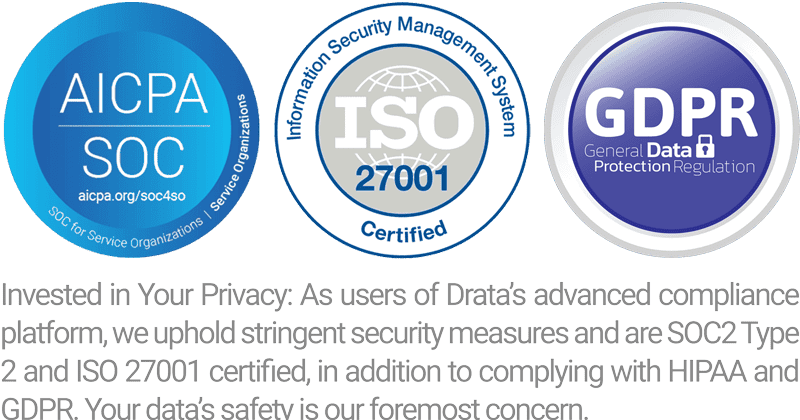HubSpot Files to go Public – What Does That Mean for the World of Marketing Automation?
As of Monday, August 25, HubSpot, an industry leader in inbound marketing software solutions, has filed with the SEC to go public. What does the success of HubSpot mean to the rest of the marketing automation community and why should small business owners explore similar solutions? First of all, the ability of HubSpot to go public indicates a level of success: they have plenty of clients that use their service, use their service repeatedly, and refer the service to colleagues. There’s a clear demonstration of market activity in the internet marketing industry, and marketing automation in particular is seeing a significant increase.
We can read this as: something’s working. Success markers of the industry reflect buyer confidence in the solutions they’re paying for. Taking this a step further, we can imply the close rate of users utilizing marketing automation has increased with the implementation of the software. Win-win.
While there are several marketing automation services available, it’s critical to the success of your business to choose the one that fits best with your needs and budget. VentureBeat has an excellent report on the ins and outs of several marketing software solutions. “There’s tremendous growth, tremendous opportunity, and tremendous upheaval in this market,” report author Wendy Schuchart says.
Lead Liaison demonstrates how individual solutions can make a world of a difference in B2B marketing, for example, with a solution called “sparks” as part of their Revenue Generation Software® suite. Sparks automatically triggers actions based on a particular action taken by a prospect. This proves to be an excellent answer for small businesses that have a limited sales staff.
Our marketing automation solutions were finely crafted for small to mid sized companies. With HubSpot moving up the food chain we’re enjoying our leadership position even more now. – Alan Page, VP Customer Services
Case in point, imagine one sales rep in charge of a product line. They have calls scheduled to check in on qualified leads, demos to perform, sales metrics to evaluate, etc. In a small business that’s actively growing, sales reps simply do not have the time to successfully nurture prospects, track visitors, score them properly, and appropriately follow up with every single prospect that interacts with your landing page.



